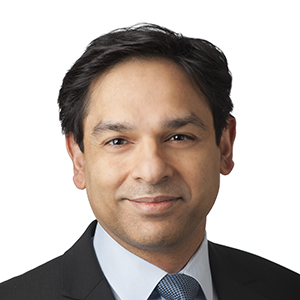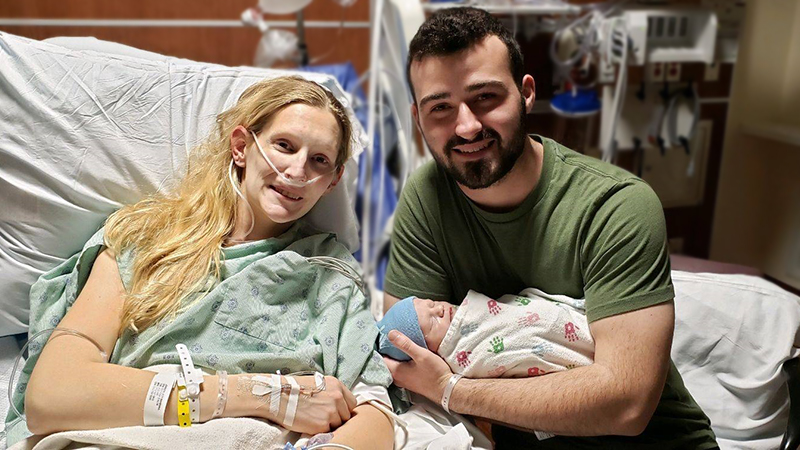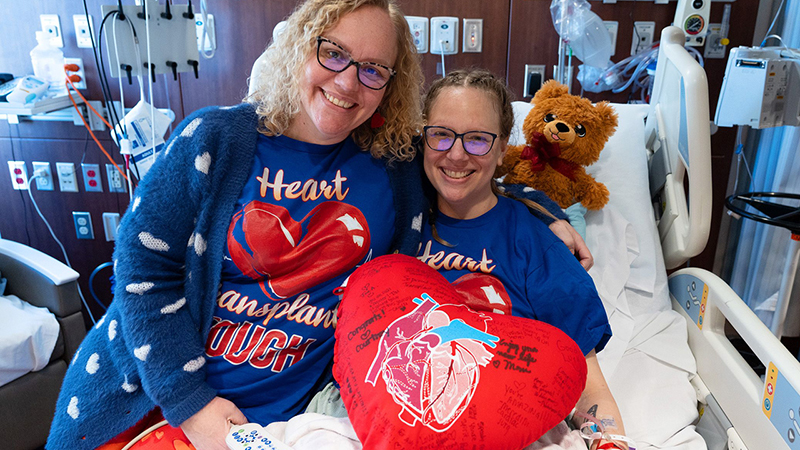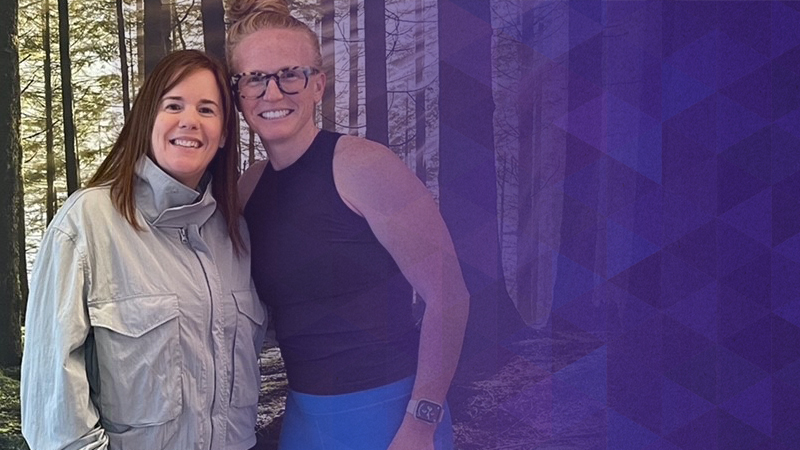Head and Neck Cancer Support Group Gives Patients Hope
Started by a Tonsil Cancer Survivor, the Group Meets in Warrenville
Updated February 2023
Cyndee Kolosky relied on her voice.
Married with two daughters, Cyndee worked at a call center in Naperville, Illinois, where she spent most of her time talking on the phone. When her voice turned raspy and softer, she assumed it was because of her profession. But within a few months, she was having difficulty swallowing and lost some of her hair. She knew something was wrong.
The Difficult Road Ahead
As her symptoms increased, Cyndee decided to seek help. Eventually she turned to Sandeep Samant, MD, chief of Head and Neck Surgery at Northwestern Memorial Hospital, director of the Northwestern Medicine Head and Neck Program and a physician at Robert H. Lurie Comprehensive Cancer Center of Northwestern University. He diagnosed Cyndee with tonsil cancer, caused by human papillomavirus (HPV).
Signs and symptoms of tonsil cancer include:
- Difficulty swallowing, chewing or talking
- Sore throat that won't go away
- Feeling like something is stuck in the back of your throat
- Swelling and pain in the neck
- Mouth pain
- Ear pain
- Bad breath
Surgery for Cyndee would involve removing her voice box, something she wanted to avoid. Instead, Cyndee's team of physicians recommended simultaneous radiation and chemotherapy.
"Treatment made me so nauseous," says Cyndee. "Some days I couldn't eat, or I would throw up, which caused my throat to hurt. I ended up losing 40 pounds and needed a feeding tube."
After seven weeks of treatment, Cyndee started her road to recovery. Cancer treatment had caused swelling around her neck ― known as lymphedema ― and impacted her ability to swallow. She began rehabilitation and occupational therapy at Northwestern Medicine Cancer Center Warrenville, which sparked an idea.
Becoming the Light for Others
"I felt like I was the only person recovering from this horrible disease, but my occupational therapist assured me I wasn't alone," says Cyndee.
"Head and neck cancers can involve intense, often debilitating treatment with side effects and a recovery process that can take a very long time," says Jamie Olp Stoker, an occupational therapist at Northwestern Medicine. "Due to this, people who have not been through this type of treatment can't truly understand or be able to help in a way that people can who have this shared experience."
After treatment, Cydnee and Olp Stoker, along with Oncology Social Worker Molly Trainor, held their first support group for people affected by head and neck cancer. Offered through Northwestern Medicine Living Well Cancer Resources, the group continues to meet quarterly at Warrenville Cancer Center and is now facilitated by professional counselor, Karen M. Wydra, LCPC.
"The members in this group continually assist each other with the emotional and physical effects they encounter both during and after cancer treatment," says Wydra. "They greatly benefit from the strong connections they build, the support they give and receive, as well as the experiences they share with one another."
Even though cancer left Cyndee with a raspy voice and trouble eating certain foods, she's still able to use her voice in a powerful way. This time, to help other patients who are going through similar struggles.
"The meetings have been inspiring and encouraging. You hear from people who have already 'walked the walk.' We talk about everything from dry mouth to what type of toothpaste works best," says Cyndee. "Head and neck cancer treatment and recovery can be isolating, but through this group, I truly feel like there's hope after cancer."
Find a Northwestern Medicine support group in your community or online.







